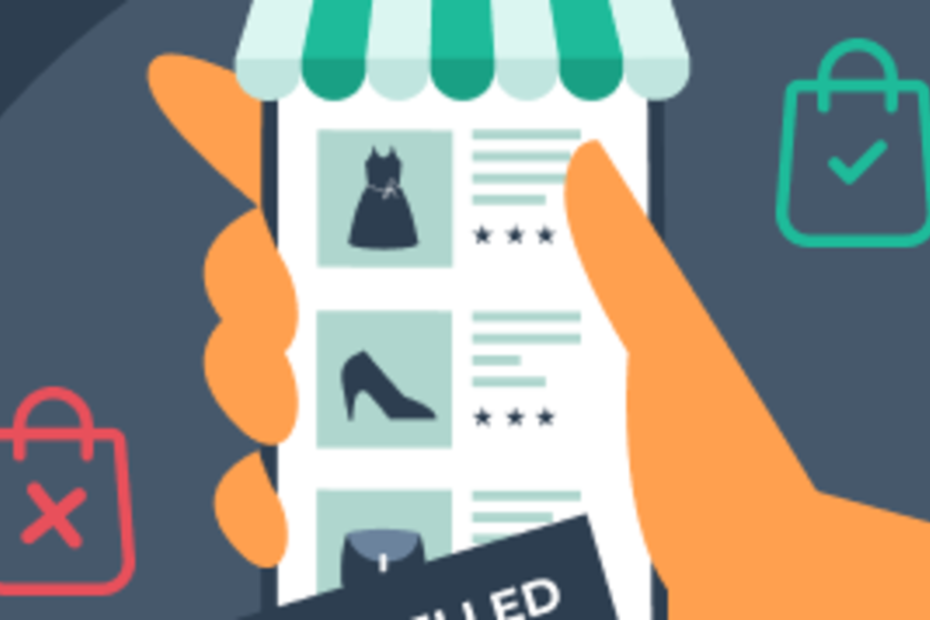Starting an online store involves several key steps, from planning and setting up your platform to launching and marketing your store. Here’s a comprehensive guide on how to start an online store and the best e-commerce platforms to consider:
Steps to Start an Online Store
1. Planning and Research
- Identify Your Niche: Determine what products you want to sell and conduct market research to understand demand, competition, and target audience.
- Business Plan: Create a business plan outlining your business model, target market, marketing strategies, and financial projections.
2. Choose a Domain Name and Hosting
- Domain Name: Select a unique and memorable domain name for your store.
- Hosting: Choose a reliable hosting provider that supports your chosen e-commerce platform.
3. Select an E-Commerce Platform
- Choose a platform based on your business needs, budget, technical skills, and scalability. (More on this below)
4. Design Your Store
- Templates/Themes: Use pre-designed templates or themes to give your store a professional look.
- Customization: Customize the design to match your brand identity.
5. Add Products
- Product Listings: Create detailed product listings with high-quality images, descriptions, pricing, and SKU numbers.
- Inventory Management: Set up inventory management to track stock levels and manage orders.
6. Set Up Payment and Shipping
- Payment Gateways: Integrate secure payment gateways to accept payments from customers.
- Shipping Options: Configure shipping methods, rates, and policies.
7. Legal and Compliance
- Business Licenses: Ensure you have the necessary business licenses and permits.
- Policies: Create and publish privacy policy, terms and conditions, and return policy.
8. Test Your Store
- Functionality: Test all aspects of your store, including the checkout process, payment gateways, and shipping calculations.
- Usability: Ensure your store is user-friendly and works well on all devices.
9. Launch and Market Your Store
- Launch: Go live with your store and start promoting it.
- Marketing: Use SEO, social media, email marketing, and paid advertising to drive traffic to your store.
Best E-Commerce Platforms
1. Shopify
- Pros: Easy to use, robust features, extensive app marketplace, excellent customer support.
- Cons: Monthly fees, additional transaction fees unless using Shopify Payments.
- Best For: Beginners and small to medium-sized businesses.
2. WooCommerce
- Pros: Free to use (with WordPress), highly customizable, large community and support, numerous plugins and themes.
- Cons: Requires WordPress knowledge, additional costs for hosting, themes, and plugins.
- Best For: Businesses that want a customizable and scalable solution.
3. Magento (Adobe Commerce)
- Pros: Highly scalable, robust features, suitable for large businesses.
- Cons: Complex to set up and manage, higher cost for hosting and development.
- Best For: Large businesses with complex e-commerce needs.
4. BigCommerce
- Pros: No transaction fees, scalable, built-in SEO features, multi-channel selling.
- Cons: Higher monthly fees compared to some other platforms.
- Best For: Businesses looking for a scalable and SEO-friendly solution.
5. PrestaShop
- Pros: Free to use, highly customizable, open-source, large community.
- Cons: Requires technical knowledge, additional costs for hosting and modules.
- Best For: Small to medium-sized businesses that need customization.
6. Wix eCommerce
- Pros: Easy to use, affordable, good design templates.
- Cons: Limited scalability, fewer advanced features compared to other platforms.
- Best For: Small businesses and beginners.
7. Squarespace Commerce
- Pros: Beautiful design templates, easy to use, all-in-one platform.
- Cons: Limited third-party app integrations, higher cost.
- Best For: Creative businesses and small stores.
Conclusion
Choosing the right e-commerce platform depends on your business needs, budget, and technical skills. Shopify and WooCommerce are popular choices for their ease of use and flexibility. Magento is ideal for large businesses, while BigCommerce offers scalability without transaction fees. PrestaShop provides customization for those with technical skills, and Wix and Squarespace are great for small businesses and beginners.
If you need assistance in setting up or optimizing your e-commerce store, or if you’re considering PrestaShop and need support, explore our resources and services at PrestaTuts.com. We can help you create a successful online store tailored to your needs.
